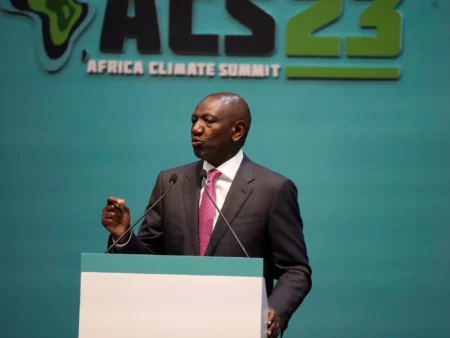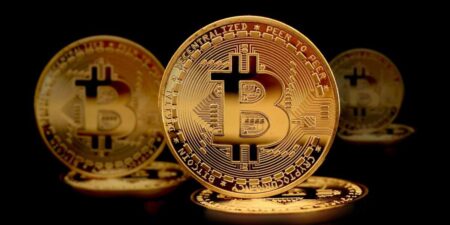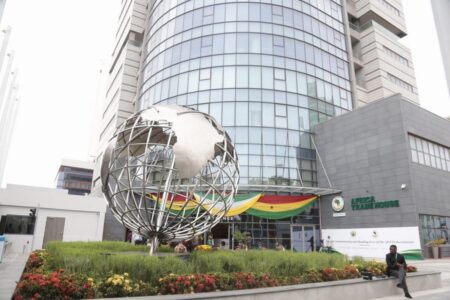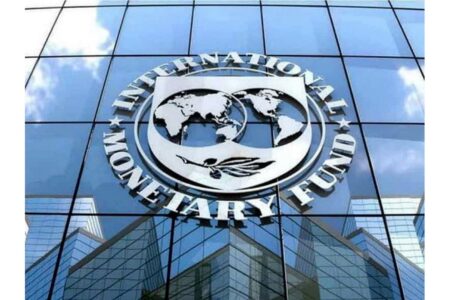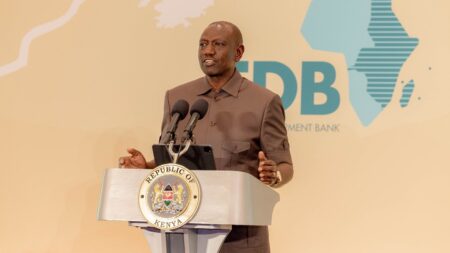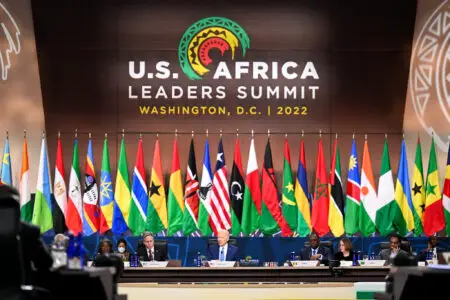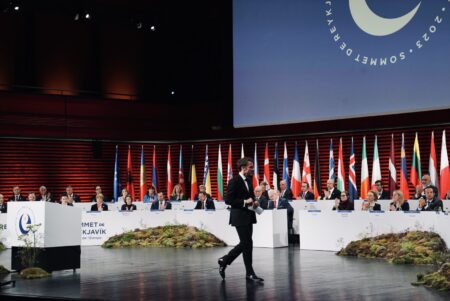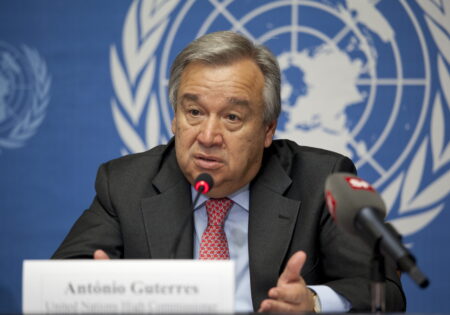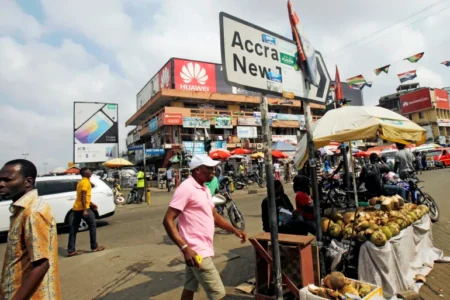- Africa’s new dawn: the rising role of digital and AI in agriculture
- Can Dangote Refinery Transform Africa Energy Ambition
- Gallup Survey: 80 per cent of Kenyan Workers Are Disengaged and Seek New Opportunities
- Madagascar Man Freed from 5KG Tumor After 15-Year Struggle
- How women in Africa are perceived and treated
- Sugar consumption in Kenya to Increase to 1.23 Million Tonnes
- Can Somalia and Turkey Oil deal Bring Change in Somaliland
- Remittances to Kenya dropped to $371.6 million in June, marking a six month low
Browsing: IMF
A considerable gap exists between symbol and substance regarding an African climate change approach. Foreign leaders often nod to how Africa accounts for only four per cent of global emissions but bears the brunt of the devastating climate change effects. Rising temperatures, extreme weather conditions, and ecosystem disruptions threaten millions of Africans’ livelihoods.
For many communities across the continent, the climate threat is already existential. With 18 per cent of the global population, Africa has 16 of the 20 countries most vulnerable to climate change, according to Notre Dame Global Adaptation Initiative.…
- RBZ Governor John Mangudya revealed that as of July 21st, the bank had conducted 11 issuances of GBDT.
- The Governor noted that the bank received 590 applications to purchase tokens equivalent to 325.02Kg of gold.
- In 2022, as the international economic environment worsened, Zimbabwe turned to gold coins were introduced to tame runaway inflation.
Zimbabwe’s struggles with hyperinflation has since been making headlines for decades. In 2009, inflation was so devastating that the country issued a new Zimbabwean dollar (ZWL), shedding twelve zeros from the earlier currency (ZWD).
By November 2022, the annual consumer price inflation for a compressed basket of goods was at 107 per cent in the country and in June, inflation rose to 175.8 per cent following devaluations of the local currency.
According to the Reserve Bank of Zimbabwe (RBZ) mid-term monetary policy statement, inflation increased to 86.5 per cent and 175.8 per cent in May and …
The African Continental Free Trade Area (AfCFTA) has presented a distinctive opportunity to bolster economic growth, alleviate poverty, and decrease Africa’s reliance on volatile commodity cycles. According to a World Bank report from 2020, the AfCFTA can increase the continent’s income by 7 per cent by 2035 and elevate around 40 million individuals out of extreme poverty. This positive impact is primarily attributed to the stimulation of intraregional trade, termed the “AfCFTA trade scenario” for this analysis.…
- IMF is attributing Sub-Saharan Africa’s growth slowdown to the ongoing rise of central bank policy rates aimed at tackling inflation.
- However, the IMF expects a rebound to 4.1 per cent in 2024 on easing monetary tightening.
- The IMF projects Kenya’s economic prospects to improve to 5.4 per cent growth in 2024.
The International Monetary Fund (IMF) has downgraded its projection for Sub-Saharan Africa GDP growth in 2023 to 3.5 per cent, from 3.9 per cent set in April.
However, the IMF expects the region’s economy to rebound to 4.1 per cent growth in 2024. This revision represents a 100 basis points downgrade for both years.
A steady rise of central bank policy rates aimed at tackling inflation are to blame for the slowdown, IMF said. IMF is hopeful that a rebound in 2024 will be driven by the expected global economic recovery, subsiding inflation, and easing of monetary policy tightening.…
- Kenya is among countries that are heavily indebted with the loan stock at staggering 67.3 per cent of GDP.
- Total debt stood at $67.7 billion (Ksh9.6 trillion) as of April, Central Bank of Kenya data shows.
- This comprised $35.9 billion external debt and $24.6 billion borrowed from the domestic market.
President William Ruto is calling for “urgent” redesigning of global financial institutions to ensure fairness in financing of economies, as he continues to lash out at the West over debt traps in poor states.
In what seems to be a swing at the International Monetary Fund and the World Bank, Dr Ruto is pointing to a post-colonial Africa where development has stalled due to limited resources to liberate economies.
Lenders placing debt traps in poor States
This is from what Dr Ruto terms institutions that were extractive by design; only placing debt traps in poor states. Over the years, Kenya’s …
In recent years, Africa has emerged as a promising destination for global investment, with its vast natural resources, expanding consumer markets, and growing middle class. As the continent’s economies continue to strengthen and diversify, global players increasingly recognise the potential for mutually beneficial partnerships. The United States has significantly contributed to Africa’s economic transformation among these partners.…
xternal and domestic economic shocks disrupted Sierra Leone’s post-pandemic recovery, exacerbating existing macro-fiscal vulnerabilities and plunging Sierra Leone into a severe economic crisis. In Sierra Leone’s presidential poll today, the citizens will look to choose the best promise for an economic rebuild.…
France will host, in Paris, on June 22 and 23, 2023, the Summit for a new global financing pact. The Summit seeks to rethink the contract between the countries in the Global North and the Global South. The organisers aim to formulate a new pact to address the global economic crisis and climate change.…
The United Nations (UN) has called for major reforms for two institutions considered key players in the new world order. Antonio Guterres, the UN secretary-general, is pushing for major changes in the IMF and the World Bank.
According to Guterres, the International Monetary Fund has profited the rich nations at the expense of the developing ones. The UN secretary-general describes the response by IMF and the World Bank towards the COVID-19 pandemic as a “glaring failure” that left most developing nations significantly indebted.…
- Despite Ghana’s economic woes, Fitch Solutions maintains a 2.9 per cent GDP growth for 2023. The IMF and the World Bank project growth rates below 2.0 per cent.
- The IMF estimates that public debt will remain at 87.8 per cent of GDP in 2023 and 89.2 per cent of GDP in 2024
- Ghana can enhance downstream value-added activities, stabilise petroleum prices, create jobs in the refining industry.
Ghana, previously known as one of Africa’s fastest-growing economies, has encountered obstacles to its growth trajectory due to the economic downturn caused by falling oil prices and the Covid-19 pandemic. This trend has continued to evolve, with economic growth slowing down to 3.6 per cent of GDP in 2022 amidst the global economic shock resulting from the Russia-Ukraine war.
The International Monetary Fund (IMF) estimates that GDP growth is expected to further decrease to 2.8 percent in 2023 before rebounding to 3.9 percent …





